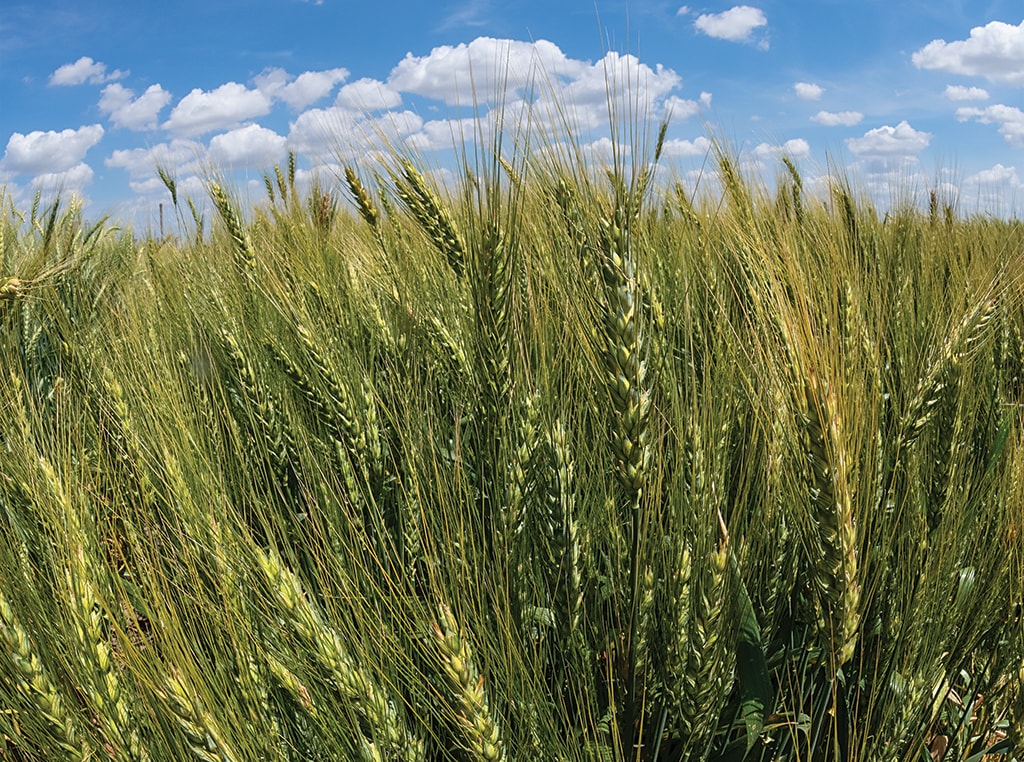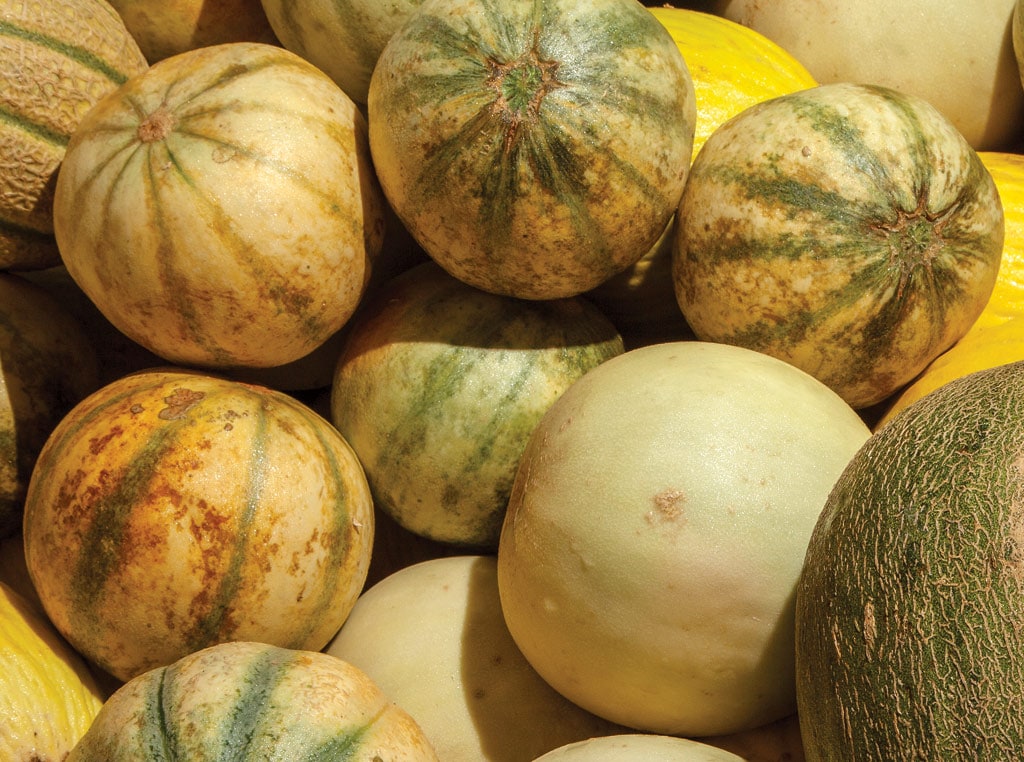Agriculture, Specialty/Niche November 01, 2021
The Best Markets
Market garden finds new opportunities in adversity.
It’s all hands on deck for the Chesney family and staff at Thames River Melons on Saturday mornings in the summer months. It takes a lot of planning to make sure that all the trucks are out the farmgate near Innerkip, Ontario, in time to get their booths set up before the farmers’ markets open for business. But with nearly four decades’ experience direct marketing produce to the public, they have it down to an art form.
“Saturdays are the big day for farmers’ markets and we’re at 10 of them,” says Alex Chesney. “The furthest is in East York in Toronto. It’s about a 90-minute drive from the farm. But we are in Milton, Guelph and Aberfoyle and West into London as well and have been going to the St. Jacobs Market for over 30 years.”
Alex Chesney’s father, Rob, launched Thames River Melons with an acre of cantaloupe and watermelons in 1984. Since then, they added specialty melons, fruits such as strawberries, rhubarb, sweet corn and all kinds of vegetables. The whole family is now involved in some capacity.
“My dad oversees production and his wife Maria helps with bookkeeping and records as well as attends a farmers’ market every week,” Alex says. “My brother Luke works full-time as an engineer, but he was a big help getting our new delivery service up and running. My siblings, Grant and Ella are only 14 and 12, but both attend farmers’ markets. Grant helps with field work too. My husband, Nathan Tebokkel, oversees beekeeping, food safety, and helps with the deliveries and coordinating the routes.”
Southern Ontario has loads of farmers’ markets. The Chesneys have booths at one or more every day of the week. But with so many to choose from, Alex says they look at a variety of factors before considering a new market. Their primary concern is balancing the capacity of their staff and their vehicles to service them.
“We try to select ones that let us spread out our workload,” Alex says. “Saturdays (for example) are already busy; we won’t typically take on too many new ones that day. We’ll look closely at a market’s balance of vendors too. We’re pretty open if we see there is a gap in what is being offered. But if it already has tons of produce vendors then they probably don’t need another one.”
Farmers’ markets played a great role in the farm’s marketing plan from the start. But when Ontario’s markets, especially the ones in the GTA (Greater Toronto Area) had their opening dates pushed back in 2020 by the pandemic, they were left scrambling.
Above. Thames River Melons has grown into a true family affair. (L-R) Nathan Tebokkel, Alex, Ella, Maria, Grant and Rob Chesney (missing Luke Chesney) all work together to keep the farm a fixture at farmers’ markets across Southwest Ontario.
New services. “Customers, used to buying from us at the markets, started calling and asked if we delivered baskets,” Alex says. “We said, ‘I guess we do, let’s see what we can figure out.’ It was definitely a learning curve.”
Each week a long email is sent out outlining what produce will be coming into the customer’s door in their food box. It also includes some meal inspirations and a seasonal recipe Alex developed. Each box can be customized so people can order flats of strawberries or cases of cucumbers and tomatoes if they want to do some pickling or canning. It was originally planned to be a short-term service but so many people like it that they plan to keep offering it indefinitely.
The farm had a casual U-pick operation for many years but ramped up their offerings when Alex returned to the farm full-time in 2019. Her goal, as a registered dietician, is to offer more than just fruits and vegetables. She wants to educate her customers and spur their interest in the food they’re eating.
The family renovated an old barn property and turned it into a seasonal farm store. They’ve also introduced pick-your-own vegetables in addition to perennial offerings like strawberries, raspberries and blueberries.
“We have lettuce, kale, peas, beets, radishes, green onions all ready to go now (early July) and soon the carrots and potatoes will be ready to dig too,” Alex says. Our plan is to have a few rows of everything we grow so people can try their hand at picking.”
In the future, once customers feel more comfortable gathering in groups, Alex plans to utilize their newly installed on-farm kitchen to offer cooking classes as well. The end goal is to create a complete food experience; a place where customers can learn how the vegetables they like to eat are grown. Then, after they’ve harvested them, they learn how they can be prepared and cooked.
“I’m really passionate about creating a space for people to experience agriculture and learn more about how their food is produced and where it comes from,” Alex says. “It’s a missing piece in a lot of nutrition and food education.” ‡
Read More

AGRICULTURE, EDUCATION
Heads Up For Hybrid Wheat
After decades of trying, hybrid wheat is again on the horizon.

AGRICULTURE, LIVESTOCK/POULTRY
Rescue Riders
Livestock lovers haul animals from fire zones.

